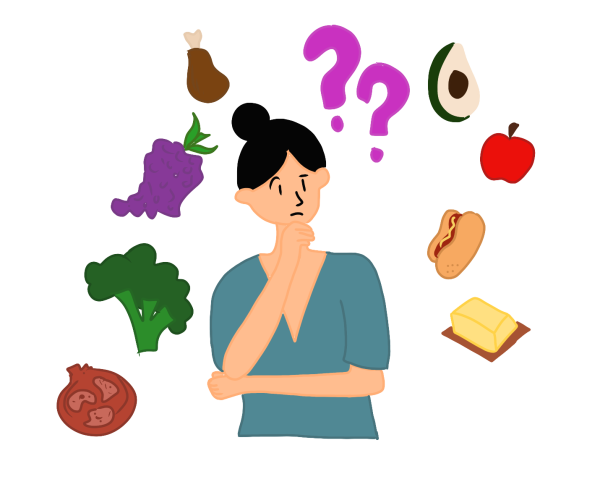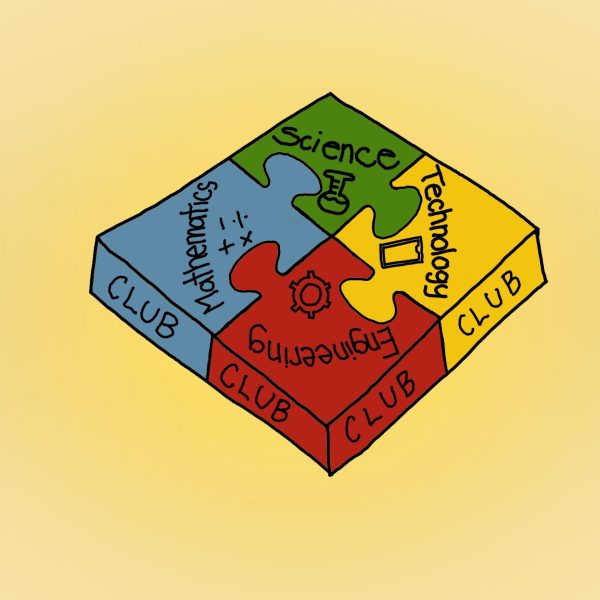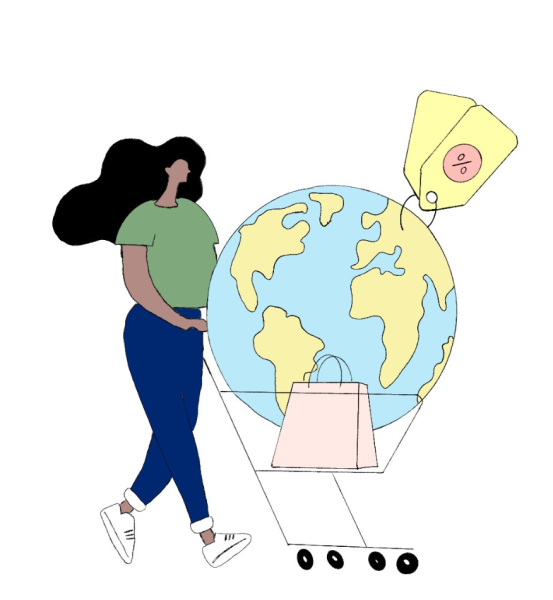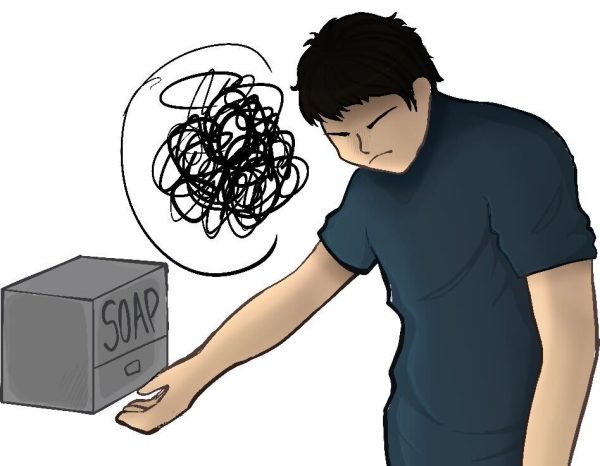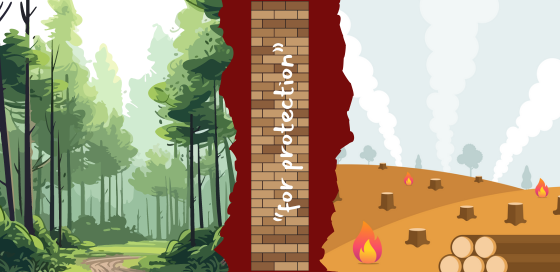Protect the Parks: the insignificance of small-scale actions
F
rom reusable metal straws to websites that plant trees every time you use their browser, sustainability has grown ever-more popular. However, people should be wary of the trendy ways to be sustainable, as these initiatives are often unproductive.
Ecosia, for example, is a free search extension that promises to donate 80 percent of their ad revenue to plant a tree. This sounds ideal to those who wish to make an impact on a smaller and more convenient scale. However, experts agree that this passive mentality does not actually achieve anything.
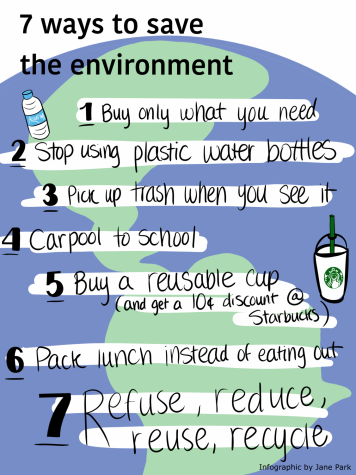
Andre Laperrière, director of NGO Global Open Data for Agriculture and Nutrition, says the efforts from installing and using Ecosia may be unproductive.
According to Laperriere, “Users who have downloaded the browser since the Amazon fires obviously feel they are playing a part in helping plant trees in the Amazon, but it is too little to initiate the urgent large-scale action required.”
Laperrière said that what the Amazon needs is a policy change to actually make a difference.
“Temporary planting of trees only to be cut down by the industries and farming communities would be unhelpful,” he said.
Similarly, another trend, which I am guilty of, is using metal or reusable straws. Straws do contribute to the overall plastic waste in the oceans, but according to National Geographic, they only make up 0.025 percent of the annual eight million tons of plastic that fill the oceans. One of the biggest contributors of waste in the ocean is actually plastic lids and bottle caps, which can be solved by not using plastic water bottles.
Those who use a metal straw should also make sure to avoid being counterproductive. What is the point of using a metal straw if you use a single use plastic cup for your Starbucks drink or continuing to use plastic bags and utensils, all of which contribute to ocean waste?
According to the SF Chronicle, with the looming presence of climate change affecting our lives daily, a behavioral shift that makes people feel like they are significantly making a change to chip away at their collective guilt feels empowering.
This is understandable. We watch the news, glance at all the plastic in our trash cans, and feel guilty for not recycling or reusing items. As a result, we purchase a metal straw on Amazon for eight dollars, and that guilt subsides a little.
Unfortunately, blindly following environmental trends will not make a significant dent into sustainability. In fact, they inadvertently slow down preexisting progress. What well-intentioned people should do is research feasible lifestyle changes to make the most impact on the environment, whether it be picking up trash or driving less.
Regardless, we shouldn’t chastise people for making that attempt to go sustainable. According to the Climate Chat, 30 percent of Americans don’t even believe climate change is real. What we do need to do is raise awareness about the goods and services we should refrain from and productively make changes toward sustainability.
Through small sacrifices implemented into our daily lives, we can make a
greater dent in any environmental problem. Use a reusable bag. Say no to a plastic-wrapped granola bar, and grab a banana, or make your own instead. Bring a reusable water bottle everywhere.
The only way we can make a change is if everyone tries to. Although straw bans may prove to be ineffective, they push us in the right direction. Now we need the world to be on board for the next change, which will hopefully make a bigger difference.



